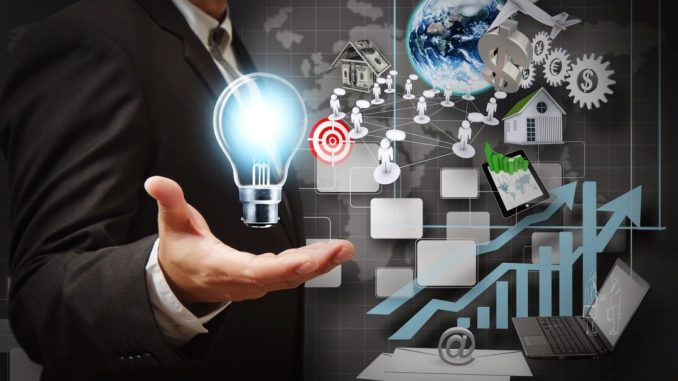
Introduction:
Technology has become an integral part of modern life, influencing how we communicate, work, learn, entertain ourselves, and manage daily tasks. From smartphones and social media to smart homes and digital assistants, let’s explore the impact of technology on various aspects of our daily lives.
- Communication and Connectivity
- Technology has revolutionized communication with the widespread adoption of smartphones, social media platforms, email, instant messaging apps, and video conferencing tools.
- We can now connect with friends, family, colleagues, and communities globally in real-time, share information instantly, and collaborate seamlessly across distances.
- Work and Productivity
- Digital technologies such as cloud computing, collaboration software, project management tools, and remote work solutions have transformed the way we work and collaborate.
- Remote work has become more prevalent, allowing flexibility, increased productivity, reduced commuting time, and access to a global talent pool.
- Education and Learning
- Technology has revolutionized education with online learning platforms, digital textbooks, interactive multimedia content, and virtual classrooms.
- Students can access a wealth of educational resources, engage in personalized learning experiences, and collaborate with peers and educators remotely.
- Health and Wellness
- Health and wellness technologies such as fitness trackers, health apps, telemedicine platforms, and wearable devices have empowered individuals to monitor their health, track fitness goals, and access healthcare remotely.
- Digital health tools offer convenience, personalized insights, and proactive healthcare management.
- Entertainment and Media
- Digital entertainment platforms, streaming services, online gaming, virtual reality (VR), and augmented reality (AR) experiences have transformed how we consume media and entertainment.
- We can access a vast array of content, from movies and music to games and immersive experiences, anytime and anywhere.
- Shopping and Retail
- E-commerce platforms, online marketplaces, mobile shopping apps, and digital payment solutions have revolutionized the retail experience.
- Consumers can shop online, compare products, read reviews, receive personalized recommendations, and enjoy convenient delivery options.
- Transportation and Mobility
- Technology has improved transportation and mobility with ridesharing apps, navigation tools, electric vehicles, and smart transportation systems.
- Commuters can navigate efficiently, reduce travel time, and access real-time traffic updates and public transit information.
- Smart Homes and IoT
- Smart home devices, Internet of Things (IoT) technology, and home automation systems have transformed living spaces into connected, efficient, and secure environments.
- Homeowners can control appliances, lighting, security systems, and climate settings remotely, enhancing comfort, energy efficiency, and convenience.
- Social Connections and Relationships
- Social media platforms, messaging apps, and online communities have facilitated social connections, networking, and relationship-building.
- We can stay connected with friends, family, colleagues, and communities, share experiences, and engage in meaningful interactions regardless of physical distance.
- Environmental Impact and Sustainability
- Technology plays a role in addressing environmental challenges through innovations in renewable energy, smart energy management, sustainable transportation, and green technologies.
- Sustainable practices such as digital document management, virtual meetings, and remote work contribute to reducing carbon footprints and promoting environmental conservation.
Conclusion: The impact of technology on our daily lives is profound, shaping how we communicate, work, learn, entertain ourselves, shop, travel, and connect with others. While technology offers numerous benefits and conveniences, it also raises ethical, privacy, cybersecurity, and digital divide concerns that require thoughtful consideration and responsible use. Embracing technology responsibly can empower individuals, enhance quality of life, drive innovation, and foster a more connected and inclusive society.